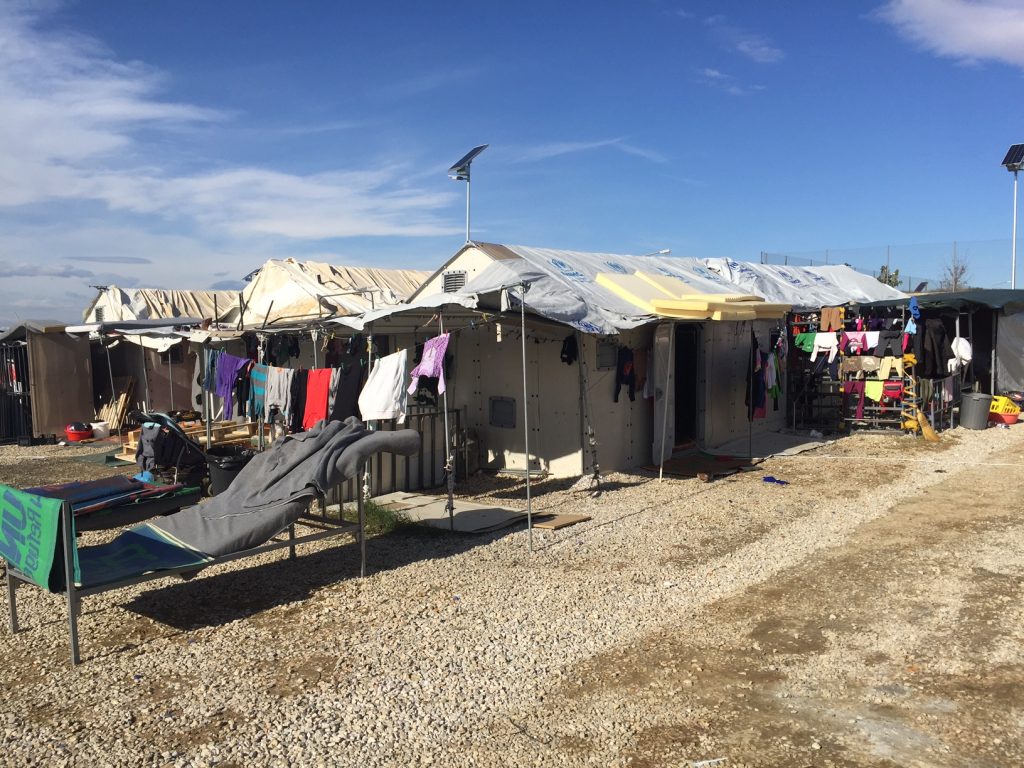Relationships in humanitarian programmes matter

“What gets measured, gets managed”, as the saying goes. But what to measure? Most organisations tend to focus on measuring outputs: things like the numbers of aid workers deployed, shelters erected, and food or hygiene items distributed. The risk in this approach is that by prioritising reporting on outputs – often at the request of funders – other important indicators of performance are overlooked. Finding out what people themselves think about aid efforts is a case in point.
The Ground Truth approach explicitly tries to bring this perspective into programme management. It is one of the four pillars of the Ground Truth survey design process, as outlined in the image above. The focus is on perceptions, not facts – on people’s trust in aid agencies, on the relevance and timeliness of services, on people’s sense of empowerment and their perceptions of the way things will turn out for them. Covering these vital but difficult-to-quantify areas contributes both towards accountability to affected people and improving humanitarian performance. It is only by measuring these indicators that we can manage to them.
The area many aid organisations tend to overlook is the quality of the relationship between ‘benefactors’ and ‘beneficiaries’. Poor relationships, however, can easily compromise the success of an entire programme, and often do.
Ground Truth Solutions’ work in Greece underlines the importance of paying attention to trust issues. Our surveys reveal that migrants there have little faith in the reliability of what they are told. This is a crucial point because they are stuck in limbo with few options to obtain the information they seek from other sources. The result in many places is a growing sense of helplessness and a tendency to disengage. Meanwhile, the ‘crisis of information’, as it has been called, becomes entrenched as rumours take the place of facts, leading to alarm and disaffection. Despite the efforts of Internews in tracking rumours and setting the record straight, our surveys reveal that the negative views on information provision in migrant communities are getting worse.
“Tracking things like trust, respect and empowerment
offers managers more to work with than focusing
on inputs and outputs”
Our surveys provide a clear picture of what kind of information they want: reliable intelligence on their legal status, details about how to reunite with family members, and guidance on how to apply for asylum. But as relationships deteriorate, high levels of mistrust create hard-to-overcome barriers, so even when accurate information is provided in the right way, migrants are wary.
What to do? Data Ground Truth Solutions collected in 2016 shows a correlation between people who feel their views are heard and considered, and those who trust the information they receive. And respondents who feel well-treated by staff are more likely to be satisfied with the services they get. In other words, if you listen to people and treat them with respect, they are more likely to trust the information they receive and appreciate the services provided. Tracking things like trust, respect and empowerment offers managers more to work with than focusing on inputs and outputs.

